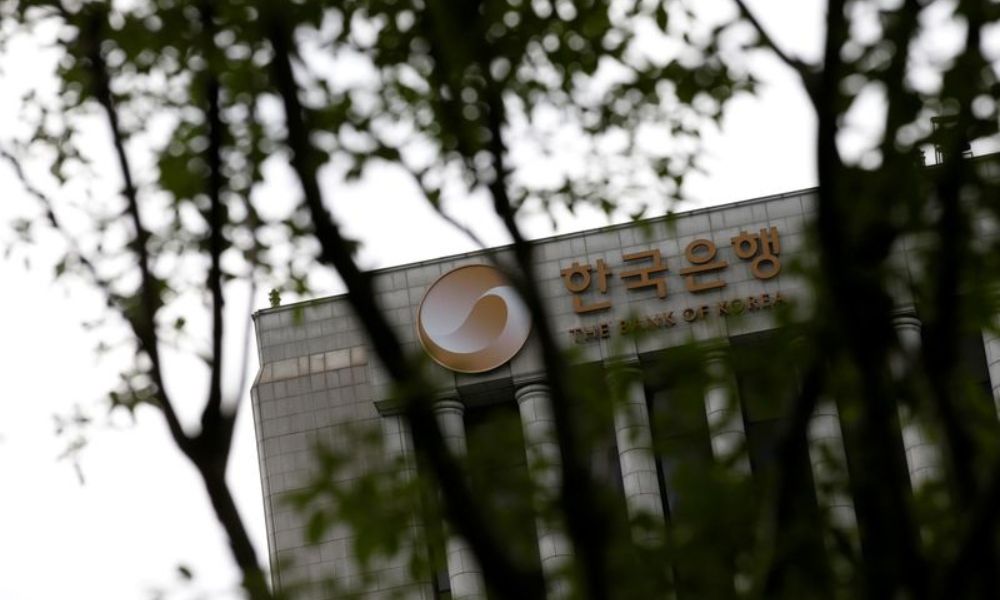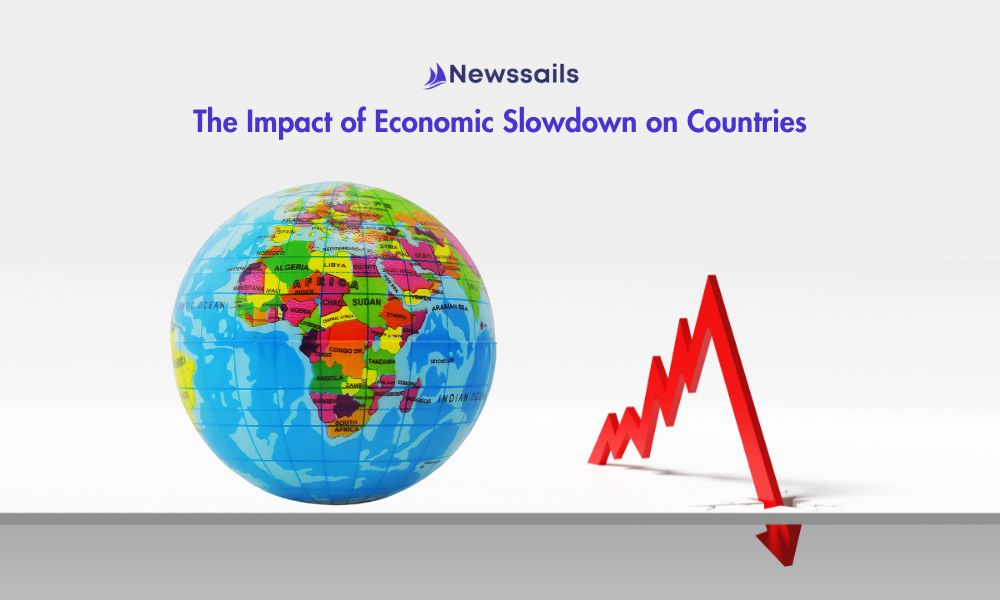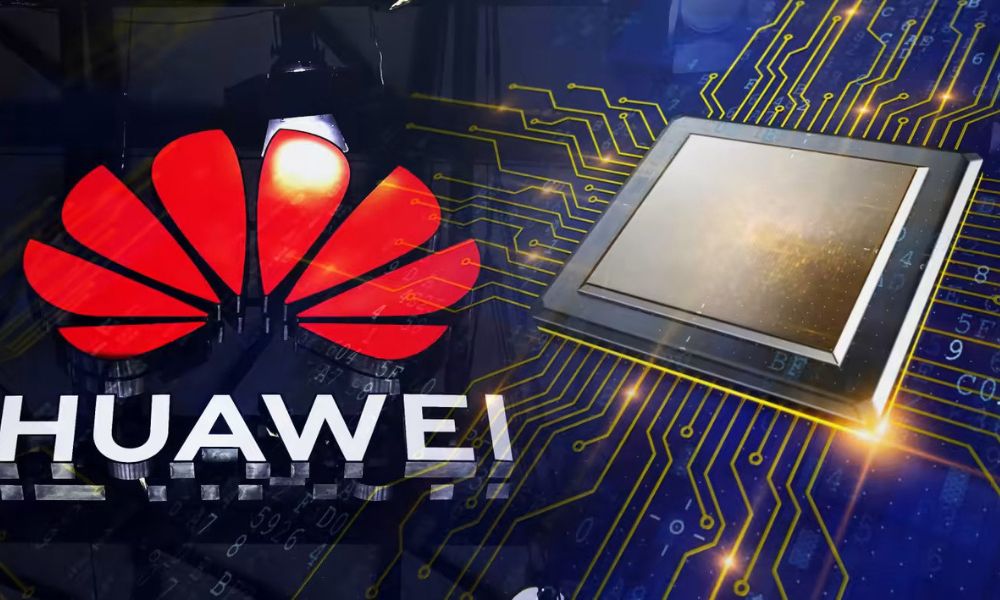
South Korea's central bank on Thursday held rates steady for a fifth straight meeting, with the governor tempering the hawkish stance as policymakers turn their attention to fine-tuning monetary settings amid softer inflation and slowing growth.
The Bank of Korea's (BOK) seven-member monetary policy board unanimously voted to keep the base rate unchanged at 3.50%, as it did in four previous meetings this year, and in line with the forecast from all 43 economists surveyed by Reuters.
The BOK retained its economic growth expectation for this year at 1.4%, unchanged from its May forecast, but cut next year's to 2.2% from 2.3%. Inflation forecasts were unchanged, it said in a statement accompanying the rate decision.
| Are you a Tax Lawyer in USA? 👉Transform Your Brand: Click for Metamorphosis👈 |
"In the economic outlook... uncertainties regarding future growth in the Chinese economy and its domestic impacts, economic growth in major advanced countries, and the timing of a rebound in the IT industry are judged to be high," the BOK said.
"One might argue monetary policy should put more weight on growth than inflation. I cannot argue with that, but inflation is still the most important, and then financial stability," Governor Rhee Chang-yong said in a news conference following the policy decision.
Six board members kept the door open for one more rate hike, as they did in July, said Rhee, who did not reveal his own view. Rhee, however, did not rule out the possibility of a rate cut before the end of this year or ahead of the U.S. Federal Reserve, which analysts took as a tempering of the hawkish stance.
"Hawkish rhetoric weakened in his tone of speech," said Kim Myoung-sil, a fixed-income analyst at HI Investment Securities. "Interest rates will be kept unchanged for the rest of the year, but the timing of rate cut is getting nearer with worsening views on the macroeconomic environment."
The BOK has kept monetary policy unchanged since its last interest rate hike in January, and most economists believe the central bank is done with its tightening campaign, which saw 300 basis points worth of hikes between August 2021 and January 2023.
South Korea's annual consumer inflation has eased since peaking at a 24-year high of 6.3% in July 2022. The rate stood at 2.3% in July this year, still slightly higher than the central bank's medium-term target of 2.0%.
Thursday's policy decision comes as investors worry about a slowdown in Asia's fourth-biggest economy, which is heavily reliant on trade, with consumer sentiment weakening in August for the first time in six months.
Softening global demand led by China's sputtering economy, South Korea's biggest export market, and a delayed recovery of the semiconductor industry have undercut some of the benefits of easing prices.
Policymakers are also concerned about rising household debt, but Governor Rhee said it will use micro measures to deal with it, keeping rate hikes as a secondary option.
|
HOT TOPICS |
|
 |
|
 |
|
-1692684852.jpg) |
Can International Student Apply For Student Loan In The USA: Learn The Process |